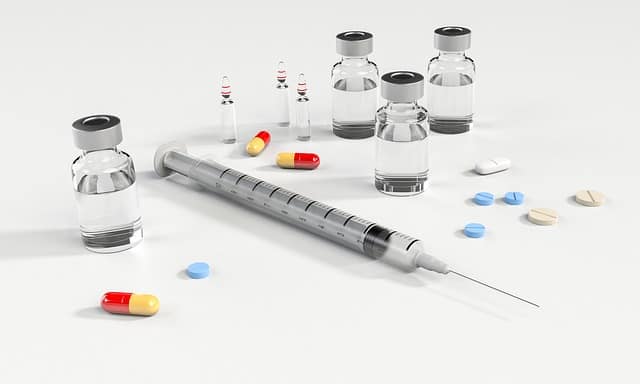If someone you love needs help to survive Opioid overdose, you’re probably still trying to learn more and come to grips with what happened. To survive Opioid overdose is scary, especially if you were the one to rescue the individual and get them medical attention. Whether the person is your spouse, child, parent or friend, you may be wondering about what happens next, both with their care and with your relationship. You may feel a wide range of emotions including fear, anger, relief, and gratitude. This is all normal along with an uneasiness about the future.

There’s no certainty about what happens after someone survive Opioid overdose. The experience is often traumatic and overwhelming for survivors. In some cases, this is the first time that their relatives or friends know that they’ve been struggling with drug abuse. Overdose is usually accidental, and survivors may feel embarrassed, guilty, and even angry. At the same time, they’re also experiencing the physical symptoms of withdrawal. In the early stages, they’re likely to experience including:
- Insomnia
- Agitation
- Anxiety
- Muscle aches
- Sweating
- Runny nose
- Yawning
Later on, they’re likely to be affected by:
- Nausea
- Vomiting
- Diarrhea
- Dilated pupils
- Abdominal cramping
Some people find these symptoms unbearable and they return to opioids at the earliest opportunity. Your loved one will need lots of support if they are to rebound from this point and overcome their substance abuse problems. They’ll need your help but more importantly, they’ll need help from an addiction treatment professional.
Treatment to Survive Opioid Overdose and Addiction
Your loved one may or may not be immediately open to getting treatment. Some people who are addicted to Opioids and survive Opioid overdose get a huge wakeup call. However, others may survive Opioid overdose more than once before they are truly ready to enter an addiction treatment program. Don’t try to force the individual to get help. Instead, express your concern, inform them about their options, and allow them to do what they think is best. Even if you were the person who saved their life, what happens next is not up to you. This can be hard to accept but you need to remember that addiction is complex and there’s a lot going on in the survivor’s mind.

Many addicts think they’ll be okay if they just stop using opioids. However, quitting cold turkey can be harmful and it can make relapse and overdose more likely. In many cases, people who are addicted to opioids benefit from opioid substitution treatments such as buprenorphine or methadone. These allow for a gradual tapering off of the drug to which the individual was addicted.
In addition to medication, people with substance abuse disorders also benefit from psychotherapy. This helps them to get to the bottom of their addiction, identify their triggers, and develop strategies to help them cope with the challenges of everyday life. Even if your loved one doesn’t yet want to go into a treatment facility, they may find it useful to talk to a therapist in the meantime. This can actually help to relieve the burden on you and other friends and relatives who may not know exactly how to relate to a survivor of overdose.
Your loved one’s primary care physician may also need to be included in their treatment. Some people become addicted to opioids after they were prescribed to treat chronic pain. If the individual has a medical condition that requires ongoing treatment, the situation may be more complicated. A holistic, team-based approach may be necessary.
In a best-case scenario, the person who luckily survive Opioid overdose will use this opportunity to get the care they need. The journey ahead won’t be easy, but it will be worth it when their health and overall wellbeing begin to improve. The road to recovery is rarely straightforward and your loved one may experience setbacks from time to time. This will be frustrating for both you and them.
Learn More On How To Survive Opioid Overdose with Asheville Recovery Center
Despite the challenges, opioid addiction can be overcome. If your loved one has overdosed, it’s a clear indication that they need help. Everyone experiences addiction, differently so we tailor our programs to meet each individual’s needs. Our sole aim is to get the individual back on their feet so they can live a happier, healthier drug-free life. Call us today and learn about the range of treatment options we offer.






